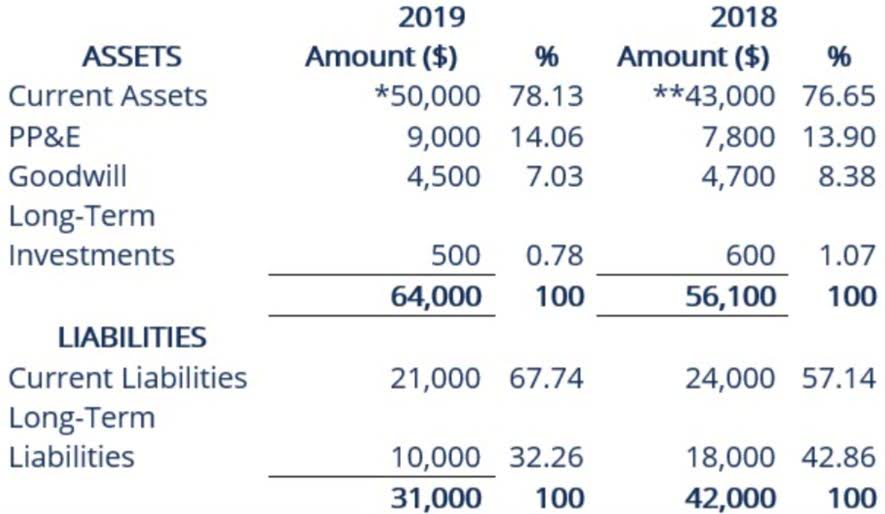GAAP Expense Recognition Principles for Financial Accuracy

In accrual accounting, expenses are recognized when they are incurred, regardless of when the corresponding cash payment is made. This method provides a more accurate representation of a company’s financial position and performance by matching expenses with the revenues they help generate. In the world of finance, accurately recognizing expenses is a critical aspect of financial reporting. Expense recognition is the process of identifying and recording expenses in a company’s financial statements, following a set of principles and guidelines. This process plays a vital role in helping businesses analyze their financial performance, make informed decisions, and comply with accounting regulations. Understanding when and how to recognize expenses is critical for maintaining accurate and compliant accounting records.
Accrual Accounting
For instance, if a company incurs legal fees from a lawsuit that is unrelated to its main operations, these fees would be classified as non-operating expenses. This distinction is vital for assessing a company’s operational efficiency and long-term profitability. Moreover, the integrity of expense recognition practices influences a company’s financial ratios, such as the profit margin and return on assets, which are critical for performance analysis. The Generally Accepted Accounting Principles (GAAP) in the United States provide a framework for expense recognition that ensures financial statements are comparable and credible. This framework is built on several core principles, each designed to facilitate the accurate and timely recording of financial transactions. By embracing accrual accounting, businesses can gain a clearer understanding of their financial performance, make more informed decisions, and provide stakeholders with reliable financial statements.
How Does the Expense Recognition Principle work?
While accrued expenses represent liabilities, prepaid expenses are recognized as assets on the balance sheet. This is because the company is expected to receive future economic benefit from the prepayment. The basic principles of accrual accounting include the revenue recognition principle and the matching principle. The revenue recognition principle states that revenues should be recognized when realized or realizable and earned, meaning when the products or services are delivered, and the payment is reasonably assured. The matching principle, on the other hand, requires expenses to be recognized in the same accounting period as the revenues they help generate. A prepaid expense is a type of asset on the balance sheet that results from a business making advanced payments for goods or services to be received in the future.

How Are Accrued Expenses Accounted for?
Likewise, expenses for goods and services are recorded before any cash is paid out for them. Lastly, the accrual method of accounting blurs cash flow and cash usage as it includes non-cash transactions that have not yet impacted bank accounts. For a large company, the general ledger will be flooded with transactions that report items with no bearing on the company’s bank statement nor impact to the current amount of cash on hand. The categorization of expenses is a nuanced process that reflects the nature of each cost incurred by a business. These categories are essential for understanding the company’s financial dynamics and for conducting a thorough analysis of its operational results. Expenses are generally divided into operating expenses, non-operating expenses, and capital expenditures, each with distinct characteristics and implications for financial reporting.
Controversial Issues in Expense Recognition
Employers who require or recommend education or training for staffers can deduct the cost of classes under certain circumstances. The business must have an employee education or educational assistance plan in place. It must aim to improve staffers’ job skills and experience, and the employee must be working in the field of study during the training. https://www.bookstime.com/ So, having a staffer take courses to upgrade their computer skills may be deductible, but sending a marketing department staffer to law school probably isn’t. Office supplies as small as paper clips, rubber bands and pens could be deductible. And cleaning products and break room and restroom supplies fall into the same category of office expenses.
However, accounting for revenue can get complicated when a company takes a long time to produce a product. As a result, there are several situations in which there can be exceptions to the revenue when are expenses recognized recognition principle. Unlike the cash method, the accrual method records revenue when a product or service is delivered to a customer with the expectation that money will be paid in the future.
- A company spends $100,000 on products that it sells for $150,000 the following month.
- The accrual method is the more commonly used method, particularly by publicly-traded companies.
- Otherwise, the auditors will refuse to render an opinion on the financial statements.
- Accrued expenses are recognized by debiting the appropriate expense account and crediting an accrued liability account.
- These are just a few examples of the various expenses that businesses encounter.
- The cash method is typically used by small businesses and for personal finances.
- Adapting to these changes ensures compliance and maintains the integrity of financial reporting.
- For example, the cost of raw materials used in a product sold during a specific month should be recorded on that month’s income statement.
- Companies using the accrual method of accounting recognize accrued expenses, costs that have not yet been paid for but have already been incurred.
- Since companies worldwide engage in daily credit transactions, the event is recorded at the occurrence date.
- This tax deductible expense does not apply to payments made to companies that provide ordinary and usual business-related services such as cleaning and administrative services.
- Analysts, therefore, prefer that the revenue recognition policies for one company are also standard for the entire industry.
These platforms integrate various aspects of the accounting cycle, ensuring compliance with financial accounting standards and enhancing overall financial reporting. Accrual accounting, though more complex, offers a more precise representation of a company’s financial status. This method accounts for everything from depreciation expense and prepaid expenses to administrative costs and period costs, ensuring they’re reported in the correct financial periods.
Why Is Revenue Recognition Important?
Today’s companies rely on modern accounting software that handles much of the process for you. With the right tools, keeping your books entirely free of errors is possible. Another expense categorization issue arises when the company can’t recognize a sale but receives cash in advance. In that case, the company will record a deferred revenue liability until it provides the services or products requested.
- The expense recognition principle provides guidelines that help you determine the proper accounting treatment for your costs.
- When a company accrues (accumulates) expenses, its portion of unpaid bills also accumulates.
- You may incur unexpected fines and penalties even if the underpayment is accidental.
- When the company’s accounting department receives the bill for the total amount of salaries due, the accounts payable account is credited.
- For example, attorneys charge their clients in billable hours and present the invoice after work is completed.
Best Practices for Recognizing Expenses
Such mismatches can result in recognizing expenses in the wrong period, complicating financial analysis and potentially leading to significant accounting mistakes. To avoid the potential pitfalls of improper expense recognition, businesses must implement robust accounting practices and perhaps utilize advanced accounting software. These tools help ensure that all expenses are recorded not just at the time of cash payment but at the moment they truly impact the business’s financial operations. This careful approach to expense recognition supports the integrity of financial reporting and ensures that stakeholders have a clear and accurate picture of the company’s financial performance. These principles help guide the preparation and presentation of financial statements, ensuring they reflect a true and fair view of a company’s economic activities.
